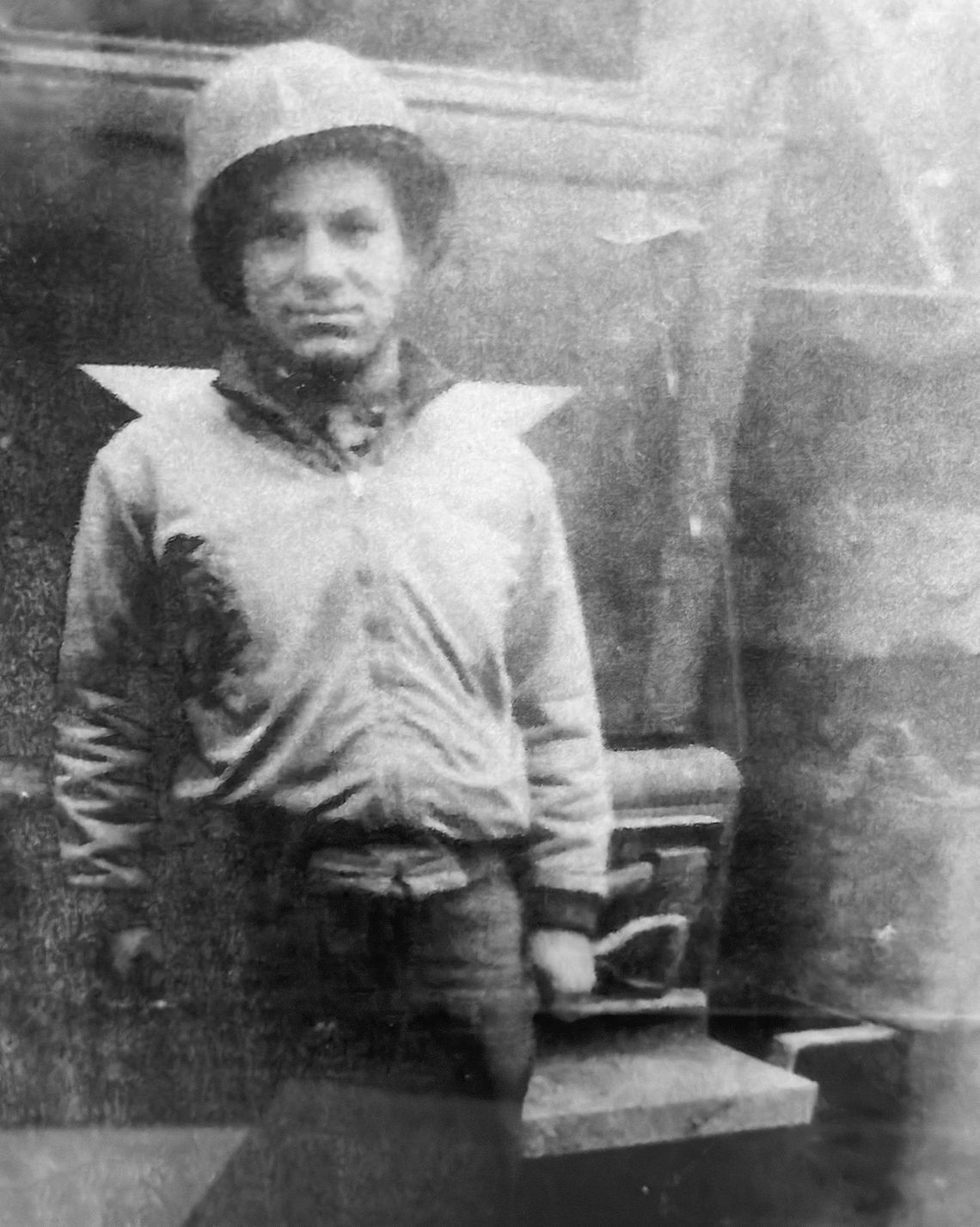Army vet Richard 'Dick' Grout, 104, passed away Thursday, Dec. 19 after a life of service to his country, community, and beyond.
Grout served during World War II and was part of D-Day operations in Normandy.
Grout was one of fewer than 120,000 World War II veterans living.
Grout, a longtime county resident, was awarded France’s highest distinction in February — the French Legion of Honor.
The honor came nearly 80 years after he and thousands of other Allied servicemen stormed the beaches of Normandy on D-Day and soon after pried France from the clutches of Hitler’s Third Reich.
The Legion of Honor is the highest French distinction. Founded by Napoleon Bonaparte in 1802, the National Order of the Legion of Honor recognizes eminent service to the French Republic. Recipients of this honor are named by decree signed by the President of the French Republic.
A member of the Greatest Generation, Grout was part of the 142,000 Allied soldiers who took part in the D-Day invasion. According to the U.S. Veterans Administration, of the 16 million Americans who fought in World War II, just 119,550 survive.
He was a member of the 112th Engineering Combat Battalion which spent much of their time in southern England, near Bath, as part of a troop buildup in the British Isles.
To prepare for their yet-to-be known mission, the engineering battalion practiced blowing up and rebuilding bridges as well as identifying and removing mines from fields.
On the morning of June 6, 1944, Grout and his crew, the 112th Engineer Combat Battalion landed at Omaha Beach with the goal of clearing obstacles on the beach and opening an exit for troops trying to move inward.
“We could almost walk onto the beach,” recalled Grout during a 2021 interview. “We knew we would come under small arms fire from the Germans on the hills over the beach. We were looking for protection … a log or whatever we could to get away from small arms fire.”
Grout said it was chaos on the beach for a number of hours. His unit had weapons, but didn’t get a chance to use them.
Of the 200 soldiers which were part of his unit, 37 were killed in action. Another 34 soldiers were wounded.
Grout and his unit were charged with clearing paths through minefields and building bridges for tanks and other vehicles. It was while constructing a bridge near the village of Malmedy, Belgium, on the eve of the Battle of the Bulge that Grout was struck by mortar fire.
He woke up days later in an English hospital run by a religious order of nuns. Grout healed and returned to his battalion, which reached Munich before Germany surrendered on May 8, 1945. He remained there for some time directing cleanup efforts with about 2,000 German prisoners under his watch before exiting active service on May 7, 1946.
And like so many of the Greatest Generation, Grout returned to the states to careers and family. Our own hometown heroes.
According to the U.S. Veterans Administration, of the 16 million Americans who fought in World War II, just 119,550 survive.
Grout was a proud member of the Leelanau community and was a part of the Suttons Bay-Leelanau Rotary Club and Lions club.
Rotary president David Johnson recalls several members raising their glasses to a toast for Grout at a Christmas party Thursday evening, only hours after he passed aways.
“We are all grateful for the fact that France has recognized him. (Grout) knew that his life and his service were so valued. (Grout) was a valued treasure to all of us. We’re grateful that we knew him. We knew him well and we had a close relationship ... He was a treat for all of us and his example will live on,” Johnson said.
Johnnson jumped out of an airplane with Grout two years ago as he was the grand marshal for the Rotary Campaign to raise funds to fight polio in the local region.
“He was just a good friend,” Johmnson said.
Another Rotary member, John Collier, would drive Grout from Traverse City to Suttons Bay for Rotary meetings every week. “In the process of driving we got to talk a lot and he’s going to be remembered as a guy that had a huge heart,” Collier said. “There was a group of guys that would pick him up and go to Sledder (in TC) every Wednesday for lunch ... He loved Rotary and being with everybody ... (Grout) loved looking at West Grand Traverse Bay while driving up M-22. We laughed a lot.”








